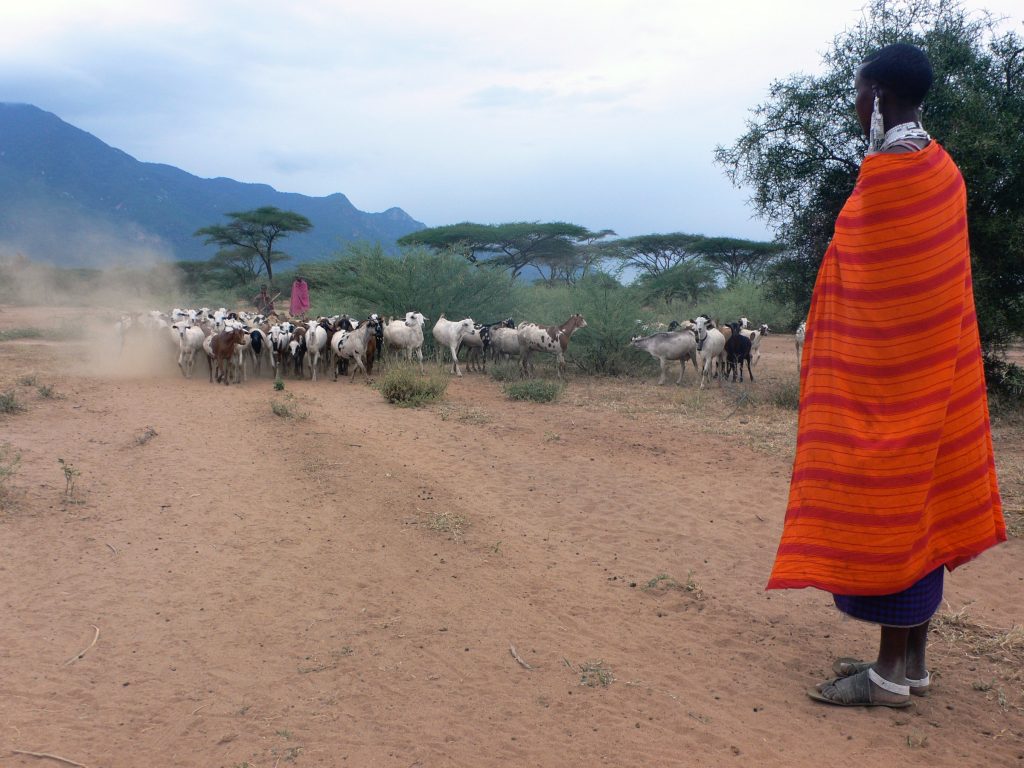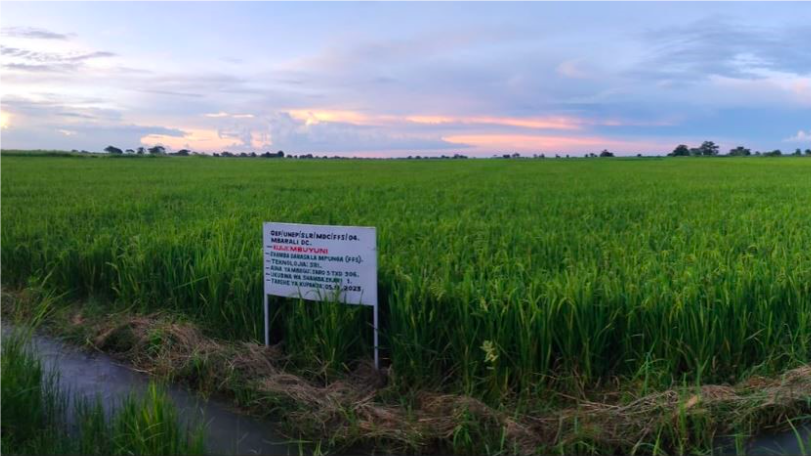In Tanzania, the Restoration Initiative (TRI) is leading efforts to restore degraded landscapes in the Greater Ruaha and Lake Rukwa Basins, areas severely impacted by unsustainable land uses. The project focuses on integrated natural resource management, sustainable agriculture, and livestock keeping to enhance ecosystem services and improve community resilience. By engaging local communities and promoting sustainable practices, TRI aims to restore soil fertility, increase biodiversity, and uplift local livelihoods.
Restoring the Greater Ruaha and Lake Rukwa Basins
Since its inception, the TRI’ Tanzania project has progressed by leaps and bounds in the way of restoring degraded landscapes. The project has restored 43,384 hectares of land and brought 62,805 hectares under improved management, which has subsequently enhanced the ecological health of the region significantly. TRI Tanzania has made a profound social impact on the region, benefiting and uplifting the lives of thousands of Tanzanians. 91,358 individuals have directly benefited by way of training, capacity building, economic empowerment, and ecological upliftment. By equipping such an extensive group of local communities with the necessary skills and knowledge to further expand restoration efforts, the project has fostered a tangible sense of longevity in environmental sustainability and best practices.
One of the innovative practices introduced by the TRI project is the establishment of tree nurseries. The project has supported the establishment of 12 nurseries, producing over 1,006,838 seedlings, which have been planted in degraded areas. These nurseries not only support reforestation efforts but also provide an additional source of income for local communities.
The project has also paid close attention to developing alternative income-generating activities to reduce dependence on forest resources. With a focus on women empowerment and strengthening gender equality within the region, a variety of different means of women-led income generating activities were introduced to communities. These activities include fish farming, beekeeping, dairy farming, poultry farming, goat farming and pig farming. For instance, the project has supported the establishment of 682 beehives and two fishponds, benefiting 684 community members and enhancing their livelihoods. Community members were not only provided with resources, but also the suitable training, with TRI facilitating climate-smart agriculture practices by establishing 41 farmer field schools. A notable focus has also been paid to capacity building and the development of sustainable financing mechanisms, this includes training 3,142 community members on climate-smart agriculture and livestock practices, enhancing their ability to manage natural resources sustainably.
Policy Support for Tanzania’s Landscapes
A critical achievement of the TRI project in Tanzania has been its contribution to policy development. The project has facilitated the creation of four key policies, including the National Forest and Landscape Restoration Strategy and the National Environmental Policy. These policies provide a robust framework for the sustainable management and restoration of forest ecosystems, ensuring the long-term sustainability of the project’s positive impacts. In addition, at a local level, the project has prepared 36 comprehensive village land use plans, surveyed public and private land and issued 4,450 Certificates of Customary Rights of Occupancy (CCROs), out of which 97 CCROs were for publicly owned land. Looking ahead, there is much to look forward to in the context of landscape restoration in Tanzania, with the announcement of two project proposals related to FLR and the improvement of ecosystem services and livelihoods to be submitted to the GEF and the LDCF for a total of USD 14 million.

